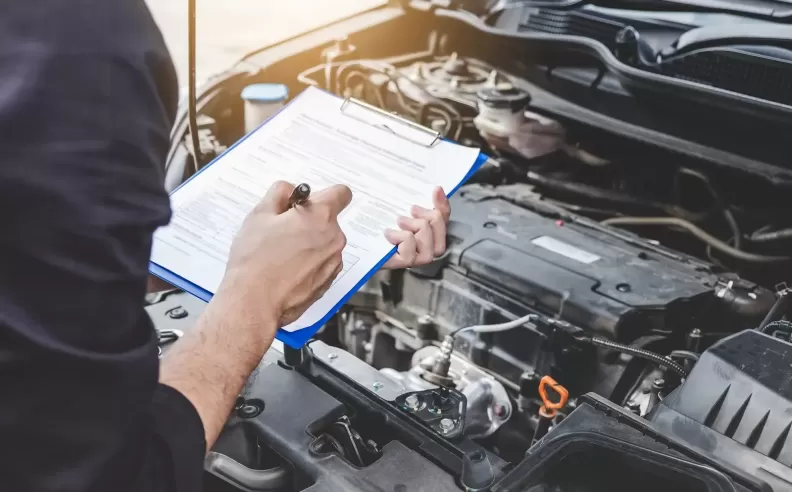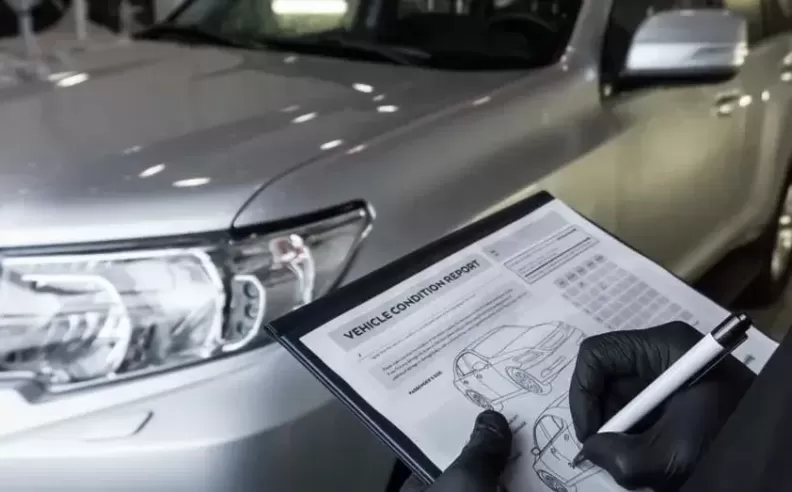
Buying a used car can be an excellent option for many individuals, offering affordability and a wider range of choices compared to purchasing a brand new vehicle. However, it's essential to approach the process with caution and consider various factors to ensure a smart and satisfactory purchase. In this article, we will explore some key aspects that you should consider when buying a used car, helping you make an informed decision.

Establishing a budget is crucial before embarking on the search for a used car. Determine the maximum amount you are willing to spend and consider other expenses such as insurance, maintenance, and registration fees. By setting a budget, you can narrow down your options and focus on vehicles that fall within your price range.

Obtaining the vehicle's history report is essential to gain insight into its past. The report should include important information such as accidents, repairs, maintenance records, and ownership history. It can be obtained through services like Carfax or AutoCheck, enabling you to assess the car's condition and make an informed decision.
Considering the car's mileage and age is vital when assessing its value. Generally, lower mileage is preferable as it indicates less wear and tear on the vehicle. However, the age of the car is also significant, as components can deteriorate over time, even with low mileage. Balancing these factors is crucial to ensure you choose a reliable and long-lasting car.

Getting a professional mechanical inspection is highly recommended when buying a used car. An experienced mechanic can thoroughly examine the vehicle's engine, transmission, brakes, suspension, and other critical components. This inspection can uncover any hidden issues or potential problems, allowing you to negotiate the price or reconsider your decision if necessary.

Inspecting the overall condition of the car is essential. Check for signs of rust, dents, or mismatched paint, as they may indicate previous damage or poor maintenance. Examine the tires for wear and tear, and make sure all lights, electronics, and safety features are in proper working order. A well-maintained car is more likely to provide a trouble-free ownership experience.
Taking the car for a test drive is vital to assess its performance and drivability. Pay attention to engine noise, smoothness of gear shifting, braking responsiveness, steering feel, and suspension. A test drive allows you to experience how the car handles in different driving conditions, giving you a better understanding of its overall condition and compatibility with your driving preferences.
Buying a used car can be an economical and practical choice, but it requires careful consideration of several factors. By establishing a budget, checking the vehicle history, conducting a mechanical inspection, evaluating mileage and age, assessing the vehicle's condition, verifying ownership and title, and taking a thorough test drive, you can increase the likelihood of making a wise and satisfying purchase. Remember, taking your time and doing thorough research will ultimately lead you to find a reliable and enjoyable used car.

Wael is an automotive content writer specializes in creating written content for Motor 283. Producing a wide range of content, including blog posts, articles, product descriptions, reviews, and technical guides related to cars, trucks, motorcycles, and other vehicles, with an unprecedented passion for cars, and motorcycles.
